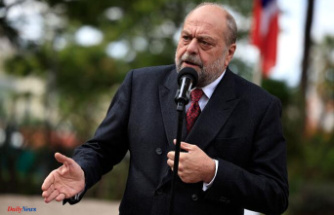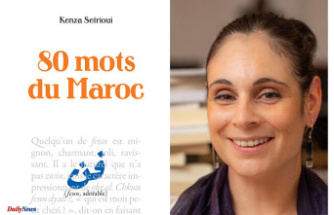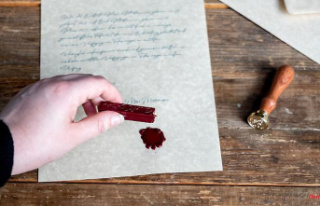Tumble dryers are generally seen as energy guzzlers and, especially in times of energy shortages, as a sin. However, good appliances are not just a luxury, they also make life easier and reduce energy requirements - at least in winter. Warentest reveals what they are.
Basically, drying wet laundry in the air does not use any electricity and protects the climate. In winter, however, the calculation usually no longer adds up. Because if the clothesline is stretched out in the apartment, it has to be heated more. Especially when there is more ventilation to get the moisture out of the room and prevent mold - this drives up heating costs. An efficient dryer can therefore save energy in winter.
Last but not least, the devices are practical for families who have to deal with large mountains of laundry. At least efficient dryers can then help to save resources and also reduce annoying housework. Before consumers decide on a device, they should pay attention to a few details, as the Stiftung Warentest advises in its current study. The 13 devices tested are all modern condensation dryers with heat pumps. Devices without a heat pump, so-called exhaust air dryers, are cheaper and still on the market, but they consume significantly more electricity. And this has a negative effect on the energy balance and environmental properties. Dryers priced between 450 and 1230 euros were examined.
First of all, the testers noticed that some dryers take significantly longer than the competition, while others do not dry with pinpoint accuracy, cupboard dry or iron damp, or do not reliably indicate the remaining running time. When it comes to power consumption, the differences are large - both in the expensive and in the cheap devices.
An energy-hungry dryer, for example, accumulates around 770 euros in electricity costs in ten years, compared to only 480 euros for an economical one. If the price of electricity rises, which is to be expected, the gap will widen even further. Warentest has therefore taken into account an annual electricity price increase of 5 percent in its calculations. Despite this, there was no real power guzzler in the test.
In addition, the electricity costs can also be influenced by your own behavior. If you fill the drum as full as possible, spin the laundry vigorously beforehand and clean the fluff filter regularly, you will not waste electricity on unnecessary extra runs.
Eight dryers in the test were rated "good". One was only "sufficient". The "Hoover NDEH8A3TCBEXS-S" for 480 euros could not convince either in terms of drying or handling.
Among other things, the "Miele TEF 775 WP" for 1230 euros ("good", grade 1.9) does this better. It dries laundry reliably - especially if it is to be put straight into the closet afterwards. The "Miele TWF760 WP" (1080 euros, "good", grade 2.2) consumes the least electricity. The cheapest combination of purchase price and electricity costs is offered by the well-rated devices of the "Bosch WTW84433" for 580 euros ("good", grade 2.0), even with rising electricity prices. The total costs (purchase price plus electricity costs) are 1255 euros for ten years of use.












